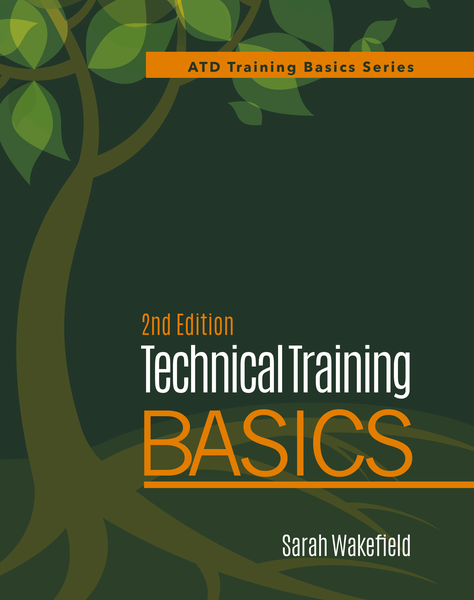ATD Blog
5 Strategies for Delivering Complicated Technical Training
Mon Dec 30 2019

Technical training is instruction based on a technical product or task. A technical product is something marketed or sold whose worth is determined by scientific, engineering, mathematical, or design principles. In other words, a technical product is a commodity that will assist in carrying out mechanical, production-related, scientific, or engineering tasks. Technical products include everything from tools, equipment, electronics, computer programs, devices, and instruments to gizmos, thingamajigs, widgets, and doodads.
Technical tasks include services, procedures, or jobs performed using a technical product. Technical tasks can be anything from repairing an HVAC system to running a lab spectrometer to designing an oil field drill bit to performing routine maintenance on a military tank engine. For example, a centrifuge machine is considered a technical product. Related technical tasks might include the ways to assemble, disassemble, load, test, unload, maintain, operate, or troubleshoot the centrifuge machine.
Technical training development is not an easy job. It’s a field fraught with challenges, some of which you may never anticipate.
Challenges are not impossibilities, though. They are opportunities: chances to display your perseverance, your creativity, and your ability to troubleshoot; to face issues, analyze them, and work through them.
Case in point: What do you do when technical content seems too complicated? Indeed, most technical training developers have had the experience of feeling completely clueless when listening to a room full of SMEs. It is normal for a new developer to not fully understand the jargon and complex concepts involved in a new technical topic. Most technical topics have their own language: distinct names, acronyms, principles, and so on. Learning this technical language can take time.
In Technical Training Basics 2nd Edition, I offer these potential solutions for this common challenge:
Learn as Much as You Can
This sounds obvious, but asking as many questions as you can, and reading as much information as you can find, will eventually help. By no means are you to become an expert (that’s why we have SMEs), but learning enough that you can speak somewhat intelligently about the subject with your SME makes for a much easier project.
Make Your Own Dictionary
One thing you can do to help keep yourself organized (and sane) is to keep a list of relevant technical terms and acronyms you have learned. This way you will have a quick reference sheet as you go through the development process.
Try It Out
Don’t underestimate the power of seeing for yourself. Try out the task or touch the product yourself. If you are able to, go out to the lab, the shop, the field, or the operating room, and get a firsthand look at your technical topic. This experience can be invaluable as you gather information and develop your course.
Tie the Topic to a Job or a Task Whenever Possible
Sometimes discussing a highly technical topic within the context of the job or the “real world” can make it seem more approachable and understandable. Even with complicated topics, a good SME should be able to walk you through the basic process of the job and pinpoint major portions that should be clarified and emphasized.
Ask for Analogies
Ask your SME to rephrase complex technical descriptions or give you an analogy. On the television show Star Trek, the crew of the Enterprise would often face some bizarre space anomaly too complex to put into words suitable for a standard television audience, so the writers would simplify the anomaly into something that people could visualize. For example, consider which statement is easier to visualize: “The Enterprise is to travel at precisely warp 4.3 on the specific trajectory equidistant from all boundaries of a globular cluster’s outer rim” or “It’s like threading a needle in space.”
Similarly, if your SME can give you an analogy or rephrase complex issues into something more easily recognizable for you, this can demystify the technobabble and make it easier to grasp the complicated stuff.

Want more advice on how to manage other challenges like how to work with highly technical SMEs or what to do when those SMEs seem to have no time for you? Check out Technical Training Basics 2nd Edition.
